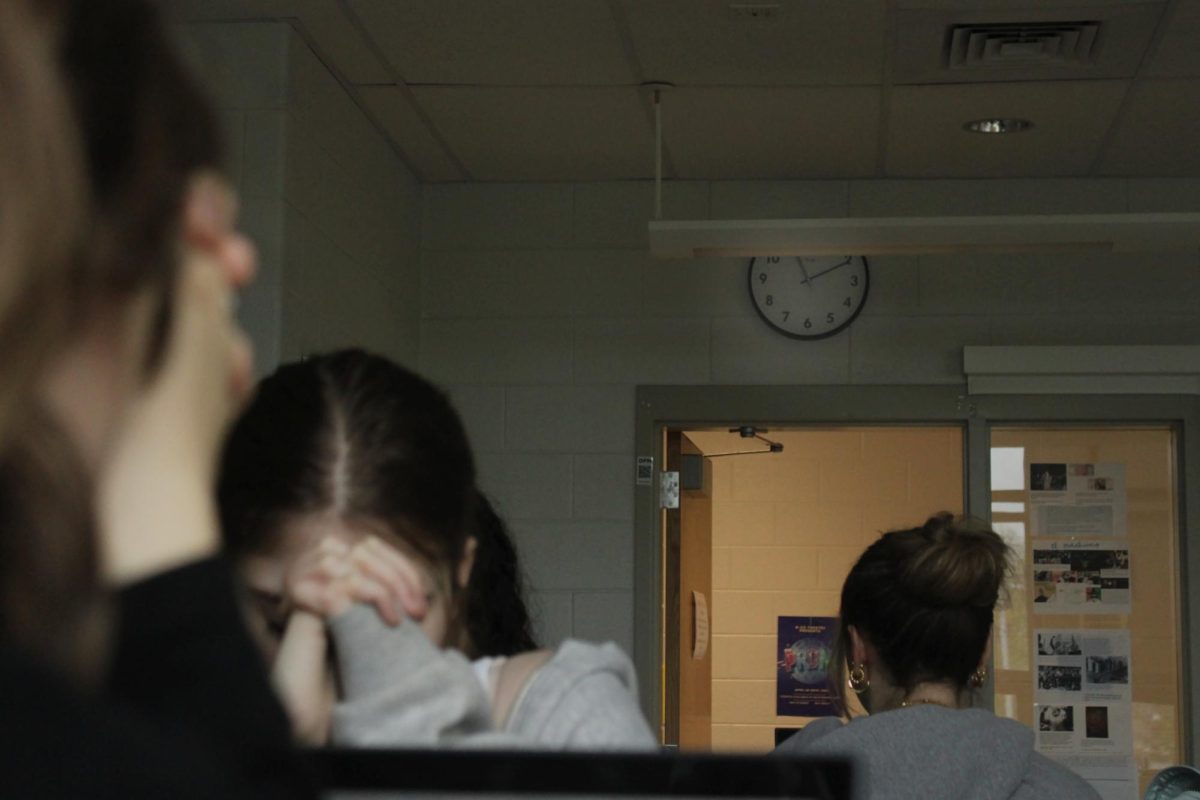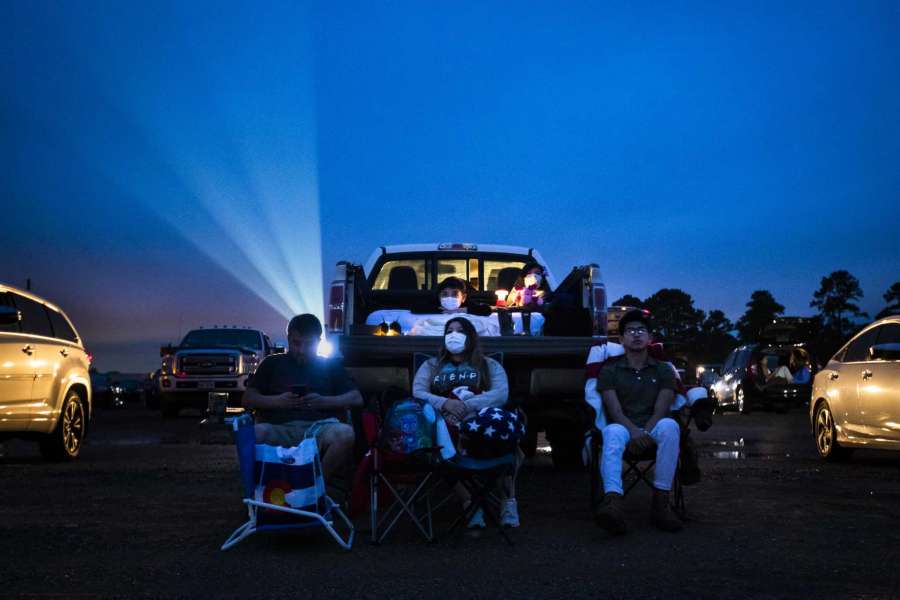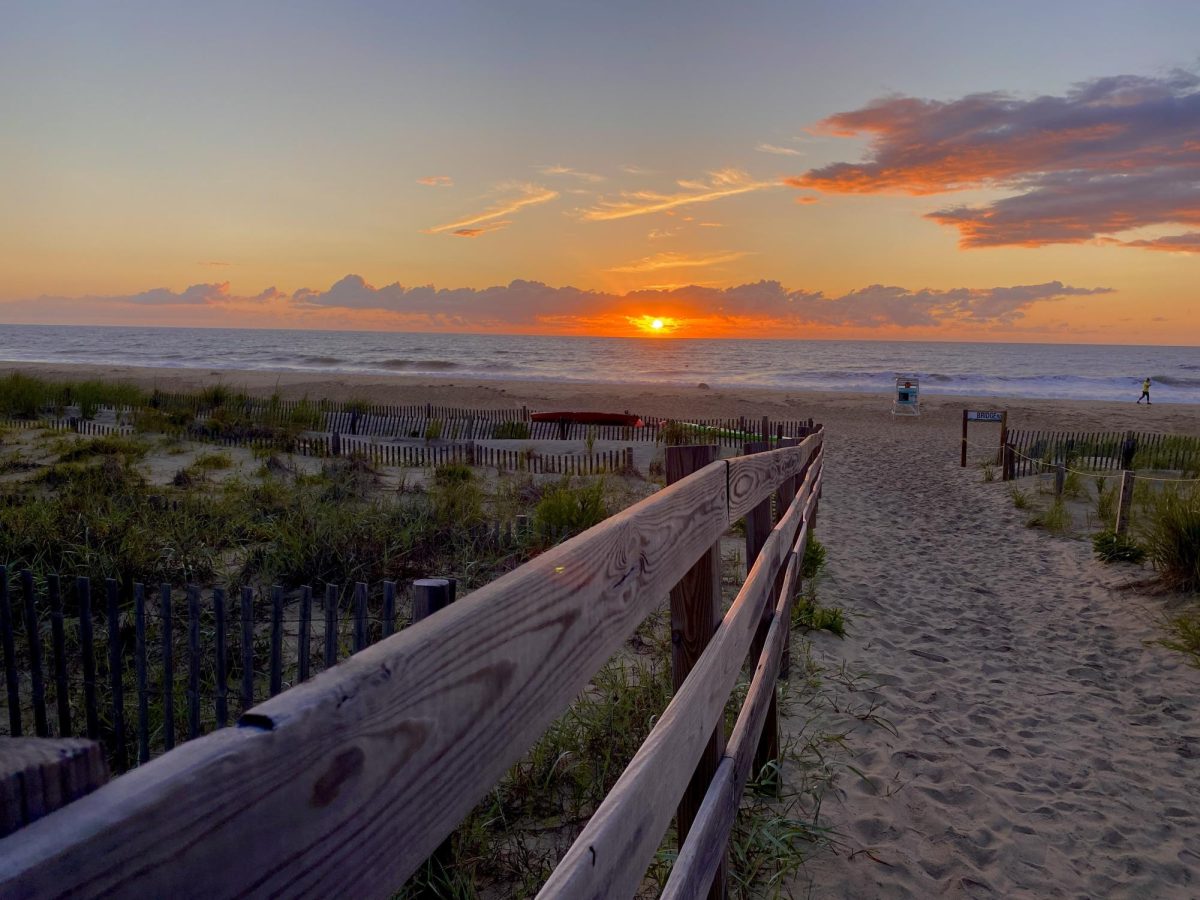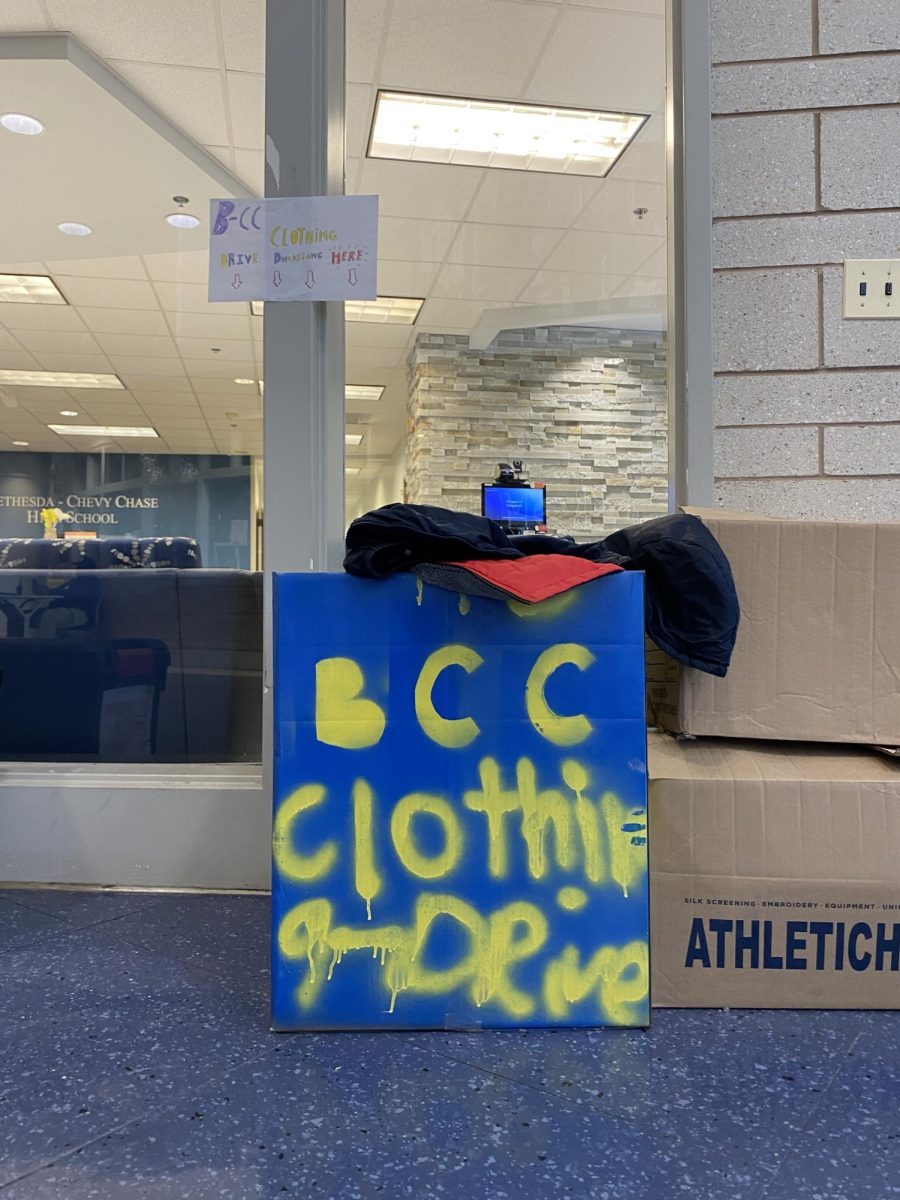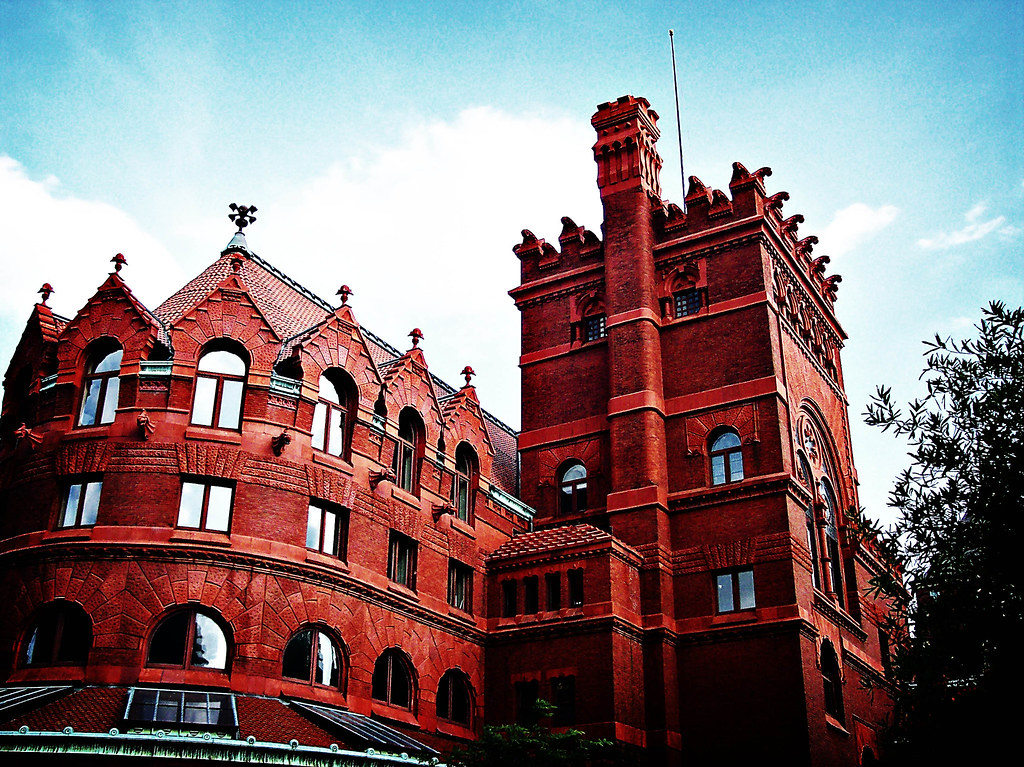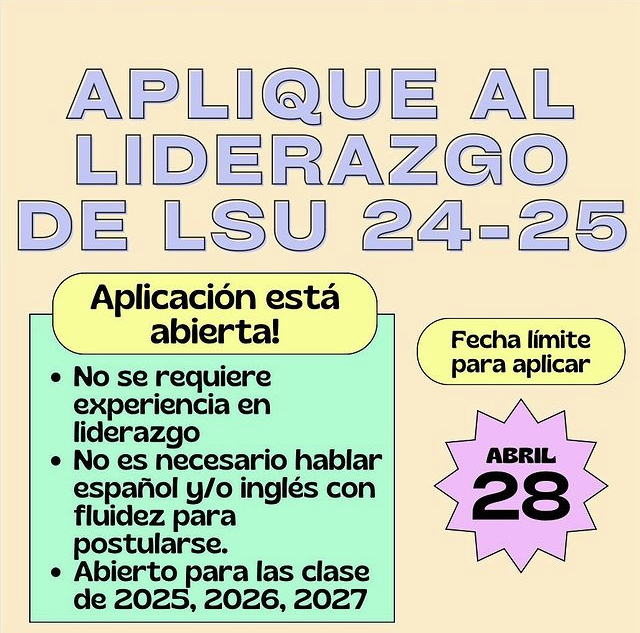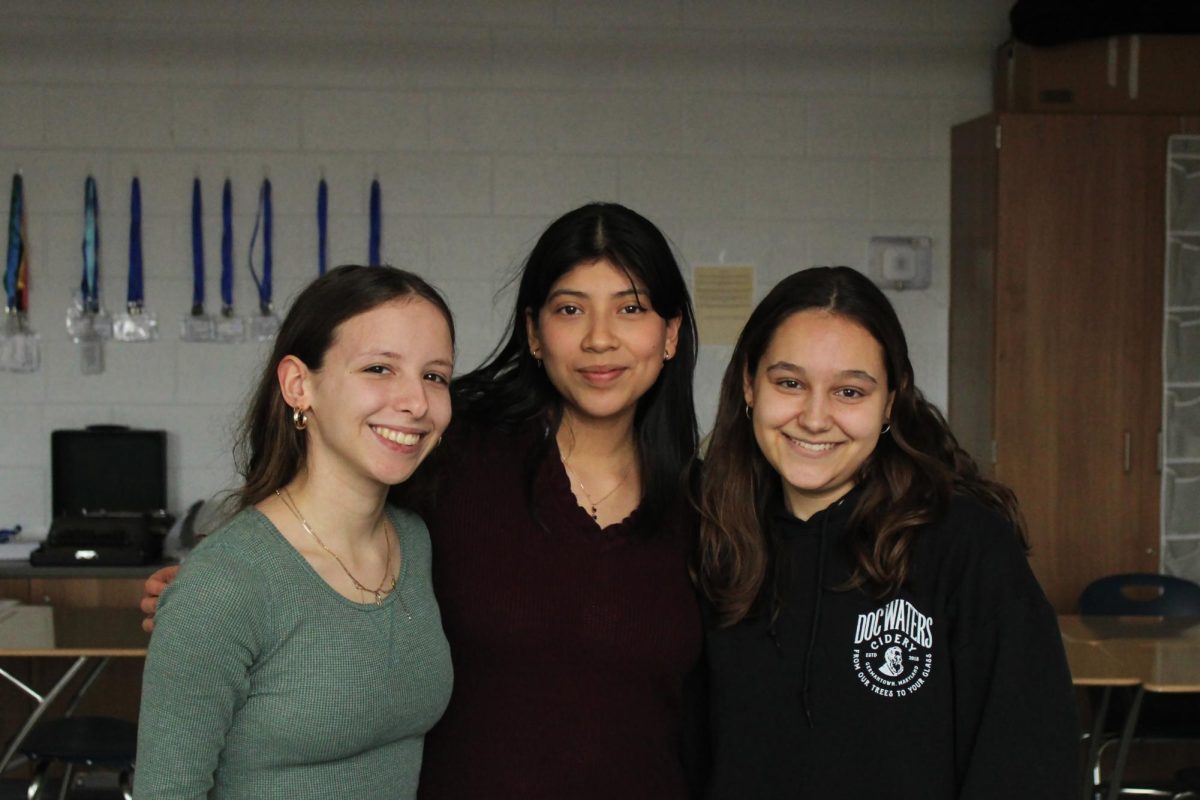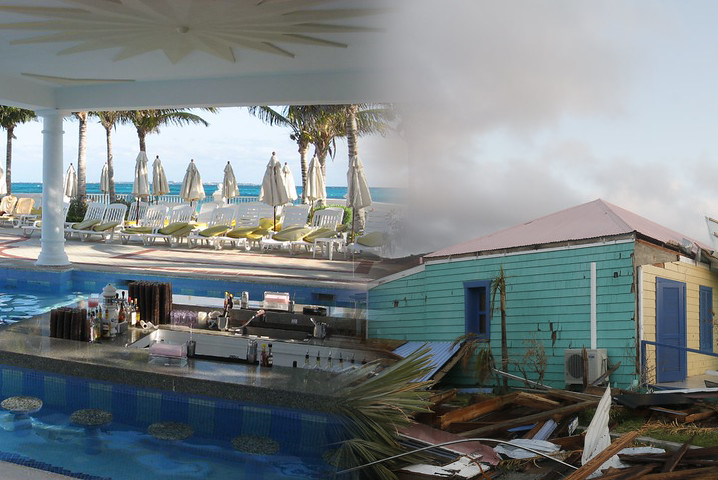Developing Country Vacationing: Resort vs. Reality
June 14, 2023
Are you really visiting the Dominican Republic, or are you visiting a 5-star American resort?
When I was 10, my family and I visited the Dominican Republic for our Thanksgiving family vacation. We stayed in a high-quality resort at the end of the island. A few days into our trip, my parents took my sister and me to different towns in the Dominican Republic. Being a kid, I did not think much of the impoverished nature of the island, nor did I understand why my parents felt the need to showcase our privilege, but now I do.
“There are many tourists who come to these places with a level of disrespect for the culture and the hospitality of the people. They come entitled, ignoring the issues of the actual people who live in these places, and continue supporting companies that encroach on the land and businesses of people who really live there,” says junior Rebeca Ventura.
When someone says they are traveling to the Caribbean or Latin America, I am sure you think of the blue water and drinking sugary drinks out of coconuts. Maybe you think of the amazing sun tan you will achieve lying next to a luxurious pool. The reality, however, is much different. For people that are planning to travel to these places, rather than taking advantage of the Instagram opportunity, recognize that on the other side of the hotel gates, drinks are not bottomless and tans are not the main concern.
The islands in the Caribbean have suffered from natural disasters in the past, such as the 2019 earthquake in Haiti and the 2021 hurricane in the Bahamas, devastating their communities and depleting their economies. It would feel wrong to travel to the Bahamas or Haiti without recognizing the pain that the people living there had to go through first.
“We want to share our culture and have others learn about the people there, but not when tourists are disrespectful, treat natives like zoo animals, and never leave their resorts or hotels thinking they got the full experience,” says Ventura, adding, “It is okay if tourists do not want to venture outside of the resorts and richer areas, it is their vacation. But it is not okay when they ignore the issues that are prevalent, are blatantly disrespectful, or think they are experts all of a sudden.”
A resort stay can also limit the traveler from really experiencing these places for what they are. To get the most out of traveling somewhere else is to really immerse yourself in the culture and to get to know the people. Estefany German Contreras, a senior at B-CC, feels that “when people visit [the Dominican Republic] they usually go to the regular tourist spots but fail to experience an authentic vacation until they visit the people who live in El Campo, something similar to the country.” Try different foods, learn new dances, meet different people, get out and go for a hike. You will not get the same experience by eating french fries in your resort bedroom.
The environment also suffers from inhumane tourism and tourist attractions. One of the most popular attractions in the Bahamas are the swimming pigs. What many tourists do not know and fail to research is that, on many occasions, the pigs are mistreated and used for the tourists’ pleasure. In 2018, a number of pigs were found dead on the island and it was later discovered that their deaths were due to a lack of fresh water and sand ingestion.
There are many different alternatives that you could find traveling further into the islands. Nature reserves, coral reefs, hidden caves, natural life. All of these are much more ethical and visiting them is both entertaining to you and has much less of an effect on the island itself.
This article is not intended to deter you from traveling to these countries. In fact, tourism is actually a major contributor to their developing economies. People need to recognize that when traveling to these places, you should not just stay in some cushy resort. “If tourists come to these places they need to respect our traditions and day-to-day life,” says junior Dayana Perlacio. Resorts are incredibly expensive, and they do not provide an accurate depiction of what life is really like for residents of these places; resorts create false realities of what these places are really like.
*this article can be found in Spanish here














